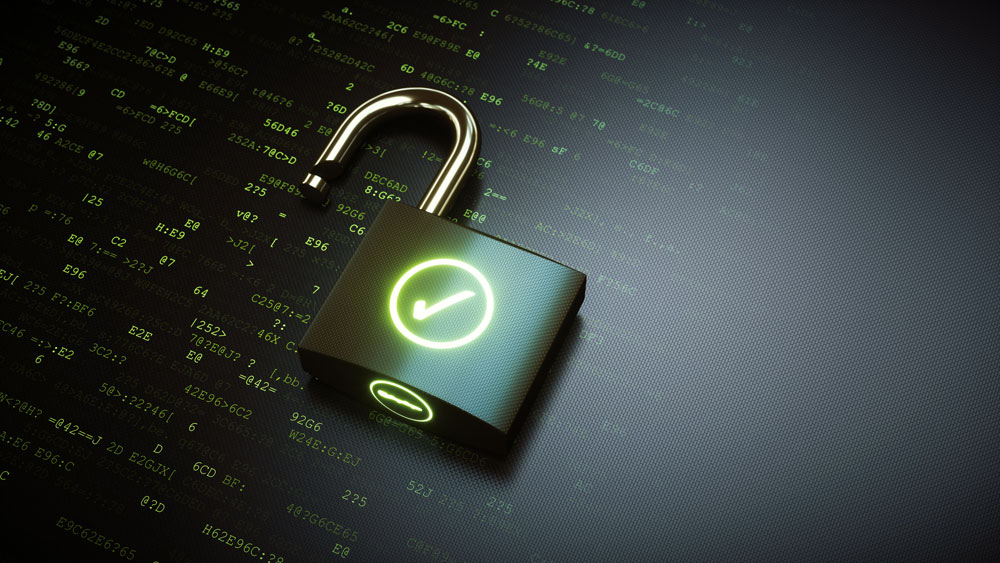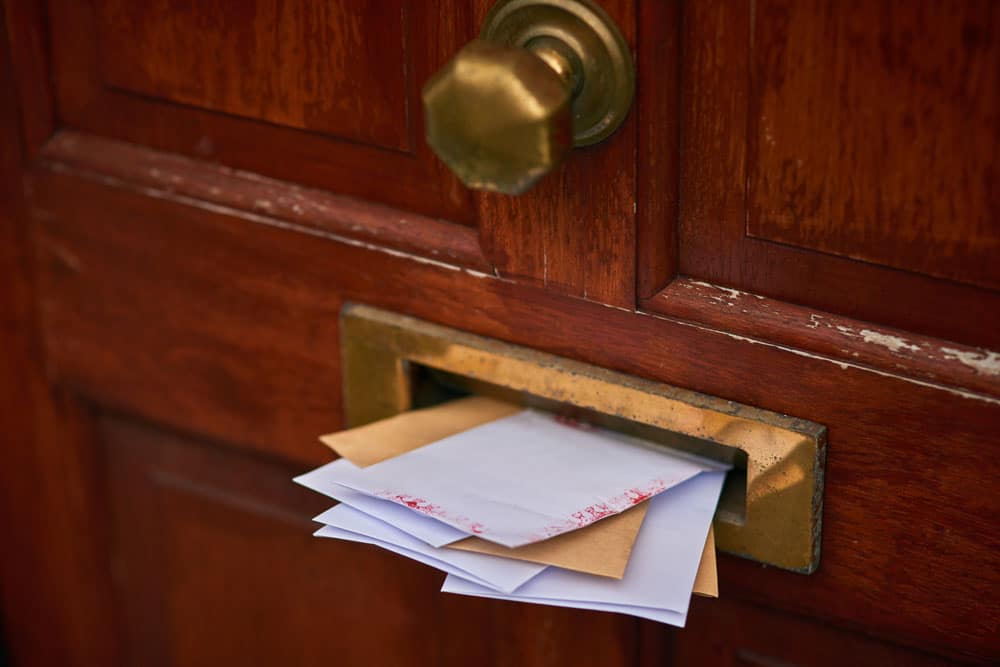We’re often asked to provide personal safety tips that might reduce the risk of becoming a victim of crime by our clients and others. As such, we’ve put together this brief list of common sense actions that you can take to help improve your personal safety & security.
In any situation, following the “gift of fear” – your instincts – will usually keep you safe and help guide you in the direction of safety. As always, let us know if we can ever be of assistance.
Home
- Lock all doors and windows of your home any time that you leave. Keep them locked even when you’re at home.
- Never open your door to a visitor unless you recognize them. Use a digital doorbell that allows for intercom-like interactions before opening the door.
- Take an intentional step to vary your routine each day.
- Walk around your home – be vigilant of places where an attacker may hide. Behind landscaping, under stairs, in doorways, in the alley behind your home, around the corner of your home, etc.
- Consider adding additional lighting and/or surveillance cameras around your home to deter criminal activity and spot attempts to penetrate your home.
- List only your first initial & last name on your mailbox, apartment door, telephone directory, etc.
- Leave spare keys with a trusted neighbor or friend. Do not place under your doormat or hidden in a nearby planter.
- In apartments and condos, avoid entering elevators that are occupied by strangers. If you’re at the elevator and find yourself waiting with a stranger, step away from the door to avoid being pushed inside. Get off the elevator immediately at any time you feel uneasy.
- If you arrive home and find a broken door or window, do not enter. Leave at once and notify law enforcement.
- Never give out personal information to people you do not know well – and never over the phone. Never tell anyone you do not know well that you are home alone.
- Install a home alarm system with active monitoring. Modern systems are wireless, inexpensive, and easy to use.
When out and about in Public
- Use well-lit routes
- Let someone know where you are going and when you will be returning
- Walk near the curb or the middle of the street
- Avoid dark, vacant, or deserted areas
- Plan out your route in advance
- If walking or jogging, wear clothing that is reflective at night
- Wear clothing that will not restrict your movement
- Be alert – walk at a steady pace – walk with purpose
- Do not wear headphones or stare at your phone – be aware of your surroundings
- Carry a noise-making device, such as an alarm or whistle. Use it if you feel you are in danger.
- If you believe someone is following you – change your walking pattern and speed.
- Do not ever accept a ride from a stranger.
- As you approach your home or vehicle, shift your key to your hand so that you can open it quickly.
- If at any time you feel you are in danger, run to the nearest well-lit place. Use your cell phone to call law enforcement. Do not be afraid to yell and raise a commotion as you are running.
Driving
- Drive on well traveled and well-lit streets – keep your vehicle in gear and ready to move when stopped at a stop sign or red light.
- Lock your car when you park it.
- Lock your car right after you enter it and before you begin driving.
- Before getting in your car, walk around your car – looking underneath and inside it to make sure no one is hiding.
- When parking, try to park in lighted areas and near the entrance of a building.
- Keep your windows up and doors locked at all times.
- If you suspect you are being followed while driving, drive to a well-lit location and call law enforcement immediately.
- If your car breaks down, open the hood and stay in your vehicle. If someone offers to help, ask them to call for help. Do not accept a ride from anyone you do not now – stay in your vehicle. Contact law enforcement if you feel unsafe or threatened.
- Never pick up a hitchhiker or other person looking for a ride.
Social Media
- Be selective when accepting a friend. Ensure that their profile is real and that it is someone you know.
- Manage your privacy settings. Share personal information only with friends and family – minimize the amount of information about you that is public.
- Be suspicious of anyone who asks for your personal information online. Never share your home address, phone number, social security number, or other personal identifying information or health information.
- Turn off the GPS / Location function on your smartphone camera and social media profiles. This will ensure someone cannot locate you by looking at this information.
- Talk with your children about social media privacy and security.
Reducing your risks
- Use alcohol responsibly – particularly when in public.
- Be intentionally vigilant in all that you do.
Following these simple steps will help ensure that you are safe in these uncertain times.


